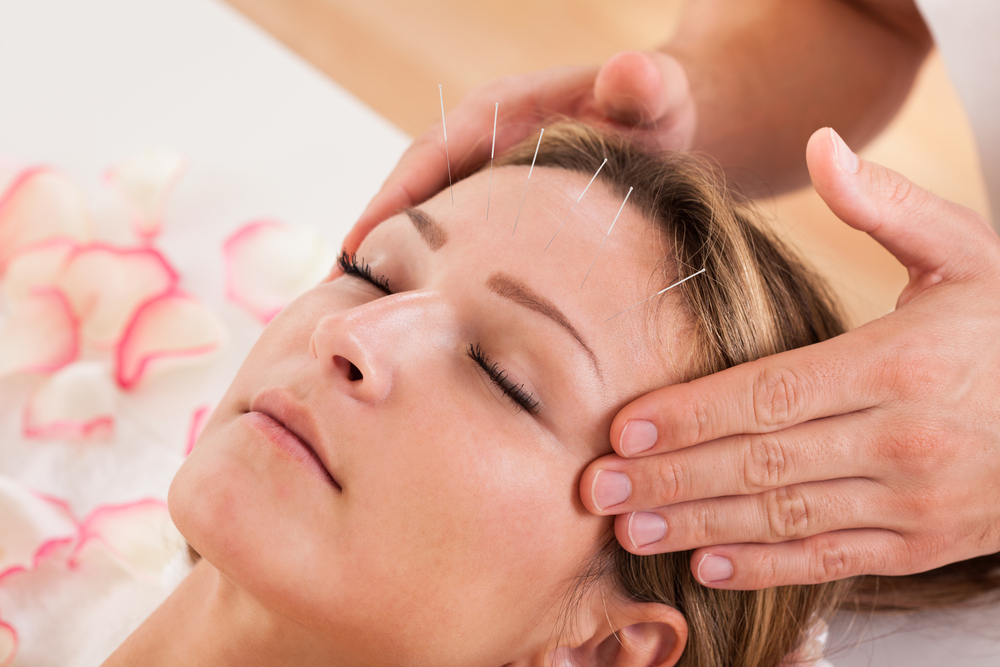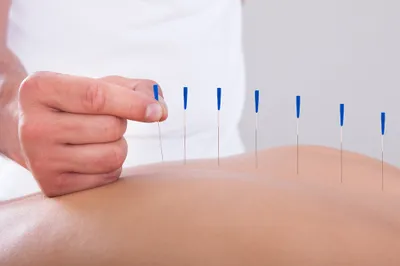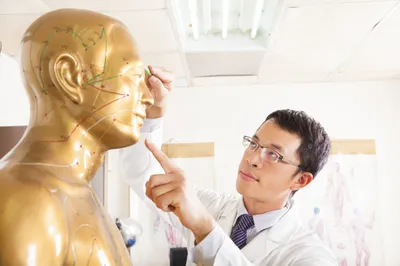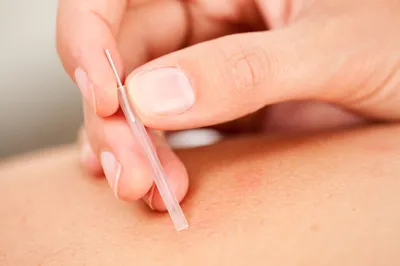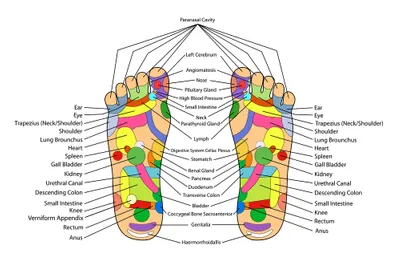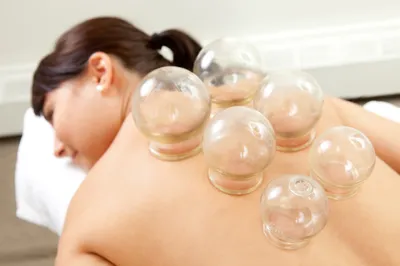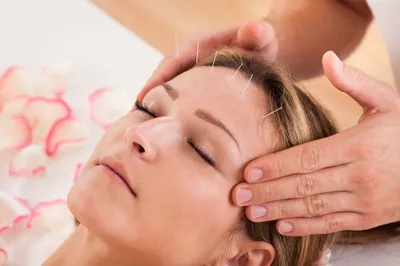What do you think of when you hear the word “acupuncture”?
For many, the term evokes images of ancient Chinese gurus piercing the skin with long, thin, scary-looking needles while bloodcurdling screams fill the air—a misnomer based on a general lack of information.
Luckily, I’m here to set the record, or needle, straight, by enlightening you on eight little-known facts about acupuncture…
1. Ancient Acupuncture Practice
Many folks know that acupuncture originated in China thousands of years ago. However, the Daoists (or Taoists) are credited as the first to practice acupuncture as part of their philosophical, ethical, and religious tradition—one that dates back over 8000 years, and emphasizes that life should be lived in harmony with the Tao (a path, principle, or flow of energy that drives the universe and everything that exists).
2. Current Day Acupuncture
Only recently is acupuncture being prescribed in the Western world, and still with much reluctance, although the practice is proven to be an effective alternative to many prescription drugs. More and more scientific research is acknowledging that acupuncture is beneficial for the treatment of menstrual and menopausal symptoms, to manage pain, to ease the side effects of chemotherapy and the symptoms of fibromyalgia, to treat migraines, and to strengthen the immune system. In fact, a newer study published in the Archives of Internal Medicine, collected data from 18,000 participants who took part in acupuncture studies. Findings showed that acupuncture should be considered a valid treatment for all types of chronic pain (i.e., arthritis, chronic back pain, anxiety, the effects of chemotherapy, and in the treatment of obesity). In the United Kingdom, the National Institute for Health and Care Excellence (NICE) approves doctor-prescribed acupuncture for chronic tension headaches and low back pain.
3. The Mystery of Acupuncture at Work
Even though the scientific data is gradually increasing as to the benefits of acupuncture, many Western doctors still don’t know exactly how it works. If you read the traditional Chinese theory, acupuncture aims to unblock and realign energy flow pathways (or meridians) within the patient. However, Western medical bodies, like the Mayo Clinic, claim that acupuncture maps out vital points in the body via nerves, muscles, and connective tissues—when stimulated, blood flow increases to these areas, and triggers the bodies natural opioids (i.e., endorphins).
4. Acupuncture is Painless
Remember those shrieks of pain you anticipated hearing upon setting foot in an acupuncture clinic? Those aren’t typical at all, according to over 3 million Americans who visit acupuncturists each year for pain relief and attest to the fact that acupuncture is a painless experience. Many first time patients are actually surprised by how relaxed they feel during a session. This is because the acupuncture needles used are extremely hair-thin and flexible for precise insertion, and unless a needle is inserted incorrectly, which is rare with trained acupuncturists, you will never feel discomfort, only a bit of gentle pressure.
5. Needles Don’t Pierce Areas in Pain
Acupuncture enlists a map of roughly 350 acupressure points—or areas of stimulation along the body where needles are inserted during a treatment. However, if you visit a acupuncturist with a chronic migraine that doesn’t mean the needles will be inserted directly into the skin at your temples. In fact, most acupuncture practitioners will tell you that needles are rarely inserted at the exact site of pain.
6. Acupuncture Doesn’t Just Employ Needles
If you thought acupuncture was only and all about inserting needles—think again! The practice enlists several other modes of stimulation to acupressure points, such as:
- Utilizing Friction
- Suction—or cupping
- Application of Heat
- Pressure—or acupressure, and
- Electromagnetic impulses
7. Acupuncture’s Complementary Approach to Health
If you have the same approach to acupuncture as you do to antibiotics—take a full round and you’ll be well—you may be surprised to learn that acupuncture takes a whole-body approach to healing vs. focusing on curing one symptom (i.e., headache). So if you suffer from chronic migraines, an practitioner will likely recommend diet, exercise, and lifestyle changes that focus on complete health and wellbeing.
8. Acupuncture Considerations
Before simply looking up acupuncturists online and booking an appointment, it’s wise to first discuss treatment possibilities with your doctor. After all, a current medication, unrelated medical condition (i.e., dermatological disorder), or medical aid (i.e., a pacemaker) could mix adversely with acupuncture. Also, choosing a licensed acupuncturist is wise if you happen to live in one of the 35 states that adhere to standards by the American Academy of Medical Acupuncture and the Federal Drug Administration (FDA), which regulates safe practices (i.e., sterility of needles).
